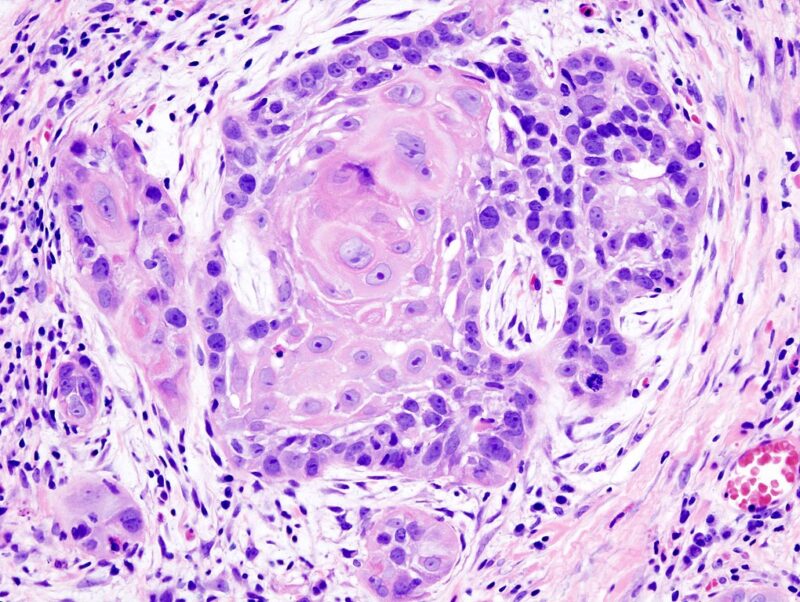
BeiGene has obtained approval from the China National Medical Products Administration (NMPA) for its tislelizumab to treat patients with locally advanced or metastatic oesophageal squamous cell carcinoma (ESCC), a type of oesophageal cancer.
The treatment is indicated for people who have progressed or are not tolerant to first-line standard chemotherapy.

Discover B2B Marketing That Performs
Combine business intelligence and editorial excellence to reach engaged professionals across 36 leading media platforms.
An inhibitor of anti-programmed death receptor-1 (PD-1), tislelizumab can facilitate the immune cells of the body to identify and fight tumours.
Furthermore, this humanised monoclonal antibody can reduce attachment to FcγR on macrophages.
The latest approval is based on positive data from the open-label, multi-centre, randomised, international Phase III RATIONALE 302 trial.
The trial analysed the safety and efficacy of tislelizumab as a second-line therapy in 512 people with locally advanced or metastatic ESCC versus chemotherapy in 11 countries and regions in North America, Asia and Europe.

US Tariffs are shifting - will you react or anticipate?
Don’t let policy changes catch you off guard. Stay proactive with real-time data and expert analysis.
By GlobalDataBeiGene Solid Tumors senior vice-president and chief medical officer Mark Lanasa said: “As a second-line treatment for patients with ESCC, this differentiated checkpoint inhibitor demonstrated significant improvements in overall survival and was generally well-tolerated in our Phase III trial of tislelizumab.
“Tislelizumab regulatory submissions in this indication submitted by Novartis are under review by the US FDA and the European Medicines Agency, highlighting our commitment to advancing its progress on behalf of the many patients around the world with ESCC and other forms of cancer.”
The approval for tislelizumab in ESCC marks the eighth indication in China.
Tislelizumab is the first drug from the immuno-oncology biologics programme of the company to be developed globally as a single agent and along with other medicines to treat various solid tumour and hematologic cancers.
To date, BeiGene has commenced or concluded over 20 registration-enabling trials in 35 countries and regions, including 17 Phase III trials and four pivotal Phase II trials.
The latest development comes after the European Medicines Agency accepted the marketing authorization applications for tislelizumab for regulatory review in advanced or metastatic ESCC and non-small cell lung cancers.




